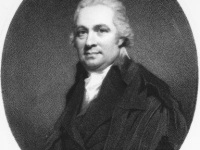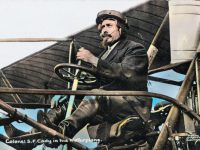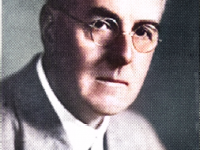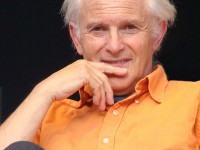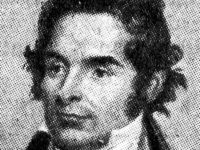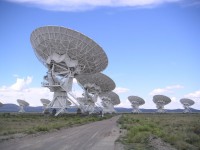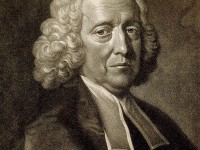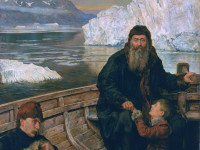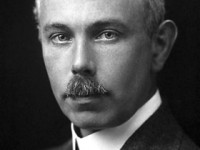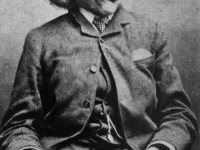Daniel Rutherford and the isolation of Nitrogen
On November 3, 1749, Scottish physician, chemist and botanist Daniel Rutherford was born. Rutherford was the uncle of famous novelist Sir Walter Scott. But originally, he is most famous for the isolation of nitrogen in 1772. Daniel Rutherford – Background The second son of Professor John Rutherford and his second wife Anne Mackay, Daniel Rutherford was born in Edinburgh on 3 November 1749. Educated at first at home, he was sent, when…
Read more

